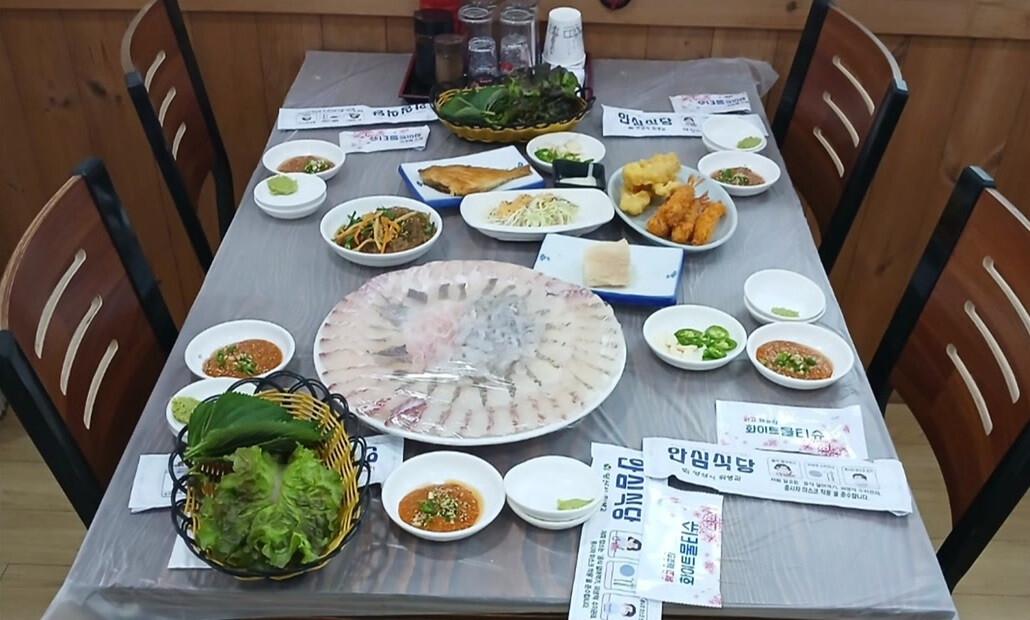
SEOUL, South Korea – Police are issuing a stern warning to South Korean businesses about a sophisticated "no-show scam" originating from call centers in Cambodia. These fraudsters, often impersonating military personnel or prominent celebrities, place large group orders and then pressure vendors to purchase additional items, such as specific brands of wine, promising reimbursement with the food bill. Victims are left with significant losses from prepared food and no payment, and law enforcement warns that recovering damages is exceedingly difficult.
The scam typically unfolds with a seemingly legitimate, high-value order. Park Sang-dong, who runs a raw fish restaurant in Yangsan, recently received a call from someone claiming to be an executive from a famous entertainment agency. The caller requested a reservation for over 30 people in about six hours. Park, eager for the business, prepared a large amount of raw fish and set up tables. Soon after, another call came from the same "executive" asking Park to pre-purchase a specific brand of wine favored by the celebrity, assuring him the cost would be covered along with the food bill.
"They insisted they would only drink that specific wine," Park recounted. "I had a gut feeling something was off, but I hoped it wasn't a scam, so I prepared the food." Ultimately, no guests arrived, leaving Park with approximately ₩1 million (approximately $725 USD) worth of wasted food. Fortunately, he did not transfer any money for the wine.
Similar incidents have plagued other businesses. A barbecue restaurant owner in Pyeongtaek, identified only as A, was duped after being shown a military ID by a caller identifying himself as "Captain Kim." Though A also avoided making a pre-payment, the prepared meat had to be discarded.
Police reports indicate that over 400 such military-impersonation no-show scams have occurred nationwide in the past year alone. More recently, the scammers have diversified their tactics, now impersonating not only celebrities but also political party officials, creating more elaborate and convincing scenarios.
Korean law enforcement has traced the origin of these military-impersonation scams to a call center in Cambodia and suspects other no-show incidents are linked to similar operations. Retrieving these criminals directly is challenging for South Korean police. The most viable course of action is to request arrests from Cambodian authorities and seek extradition. However, police acknowledge that the criminal organizations involved are likely extensive, making successful arrests difficult and the recovery of illicit gains nearly impossible.
Given the substantial challenges in apprehending these perpetrators and recovering funds, police emphasize that prevention is the best defense. They urge businesses to exercise extreme caution with large group orders, especially if additional purchase requests are made. Businesses should be wary of any demands for pre-payment for third-party items or unusual requests for specific products. Verifying the identity of the caller through official channels and demanding advance deposits or full pre-payment for large orders, rather than succumbing to requests for reciprocal purchases, are recommended precautions.
[Copyright (c) Global Economic Times. All Rights Reserved.]






























